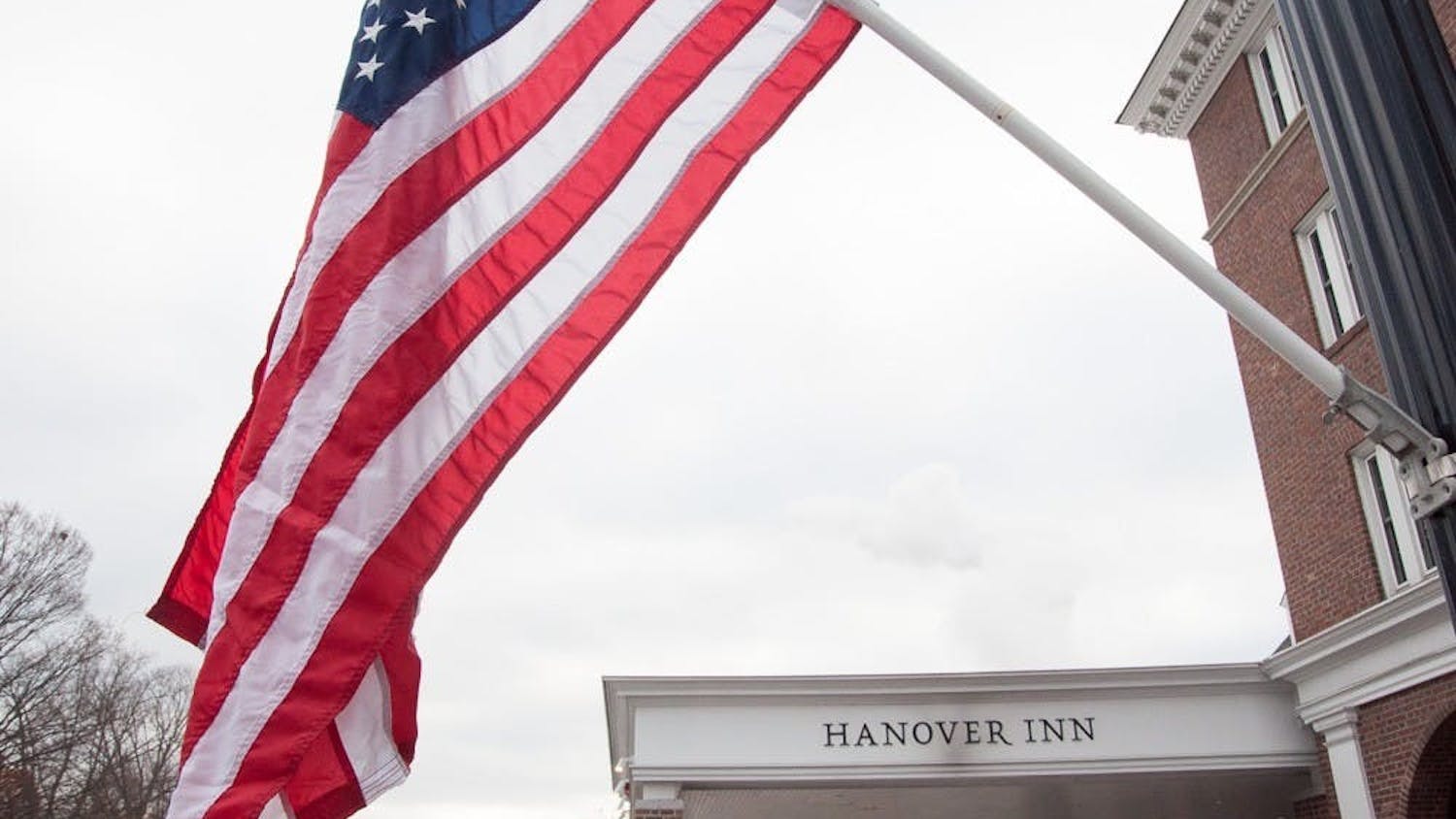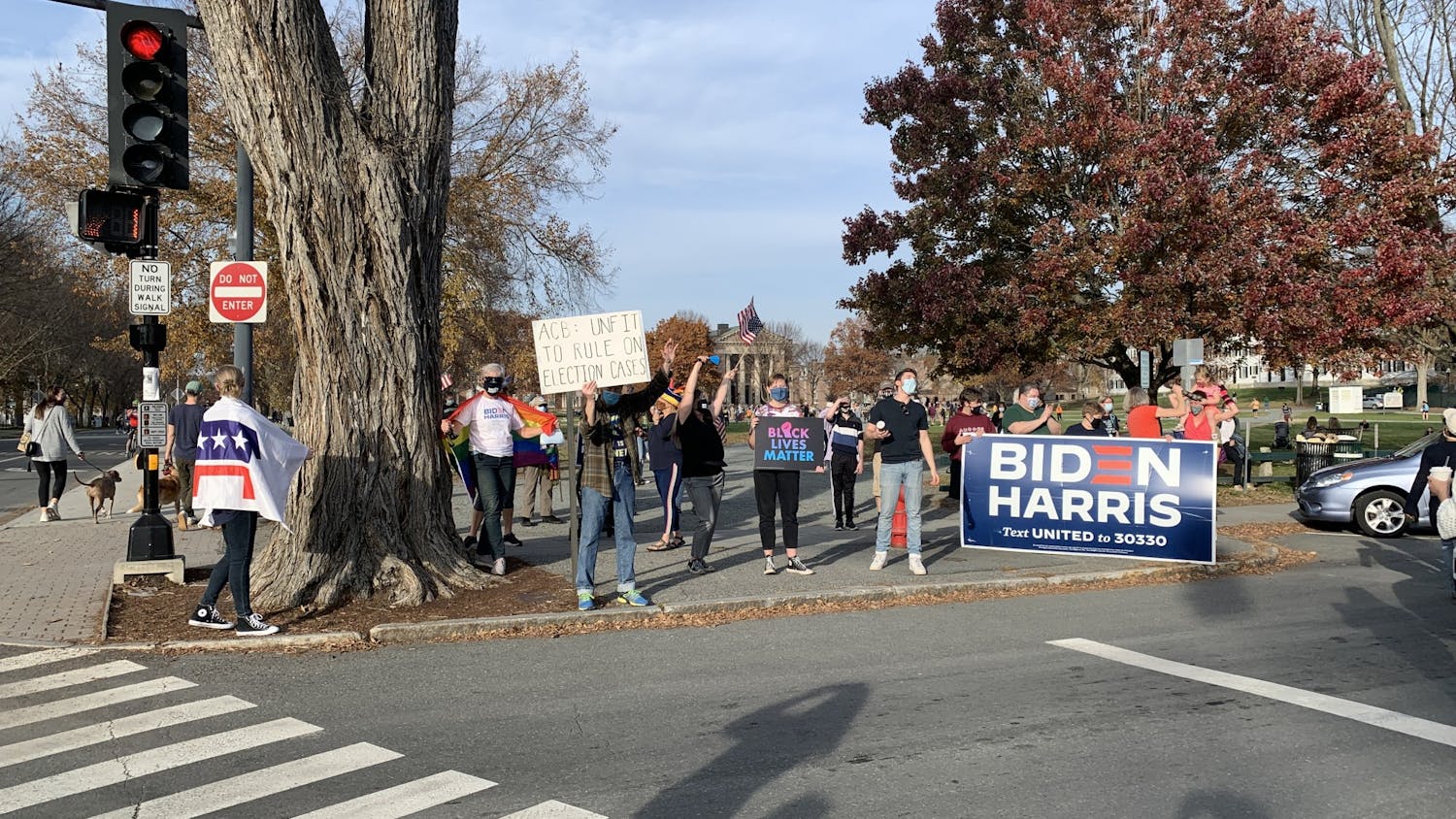After four years filled with barely disguised racism, misinformation about COVID-19, denial of election results and impeachment (on a record-setting two separate occasions), President Donald Trump is finally leaving office. We voted him out in November, and in only a few days, President-elect Joe Biden will take office. But as damaging as Trump has been, he is not the cause of all of our political issues. Rather, he is a symptom of a wider right-wing movement that has come to play a major role in American political life.
Trump’s election was anything but a fluke: nearly 63 million Americans voted for him in 2016, and 74 million did in 2020. Those numbers are too large for us to consider Trump’s presidency an accident. People voted for him — and they voted for him for a reason. Trump has become the face of a populist uprising.
Populism, or the movement that champions a supposed ordinary people to fight against the elite establishment, can exist on both sides of the political spectrum. On the left, populists generally oppose measures like free trade and market liberalization, blaming such measures for harming the “ordinary people” to enrich the elites. Right-wing populism is also against free trade, but instead of blaming capitalism, right-wing populists blame immigration and globalization for their grievances. They see immigrants and free trade as threats to the ordinary working man.
Considering the guiding tenets of radical right-wing populists, it is no wonder that a candidate like Trump managed to procure the presidency in 2016. His rhetoric appealed to this group of people: his unabashed claims that immigrants are “taking our jobs” played into right-wing populists’ xenophobia and nationalism. His “America first” and anti-trade statements promised, falsely, that foreigners were stealing American jobs, and that he would rectify that through economic sanctions and tariffs. His status as a complete outsider to politics, compared to Hillary Clinton’s long political history, cemented him as a shiny alternative to the allegedly corrupt, seasoned politicians of Washington, D.C. that populists so despise.
It may be easy to decry anyone who voted for Trump, a president who has made the news countless times for his xenophobic, misogynistic and racist remarks and policies. But the fact is that Trump voters' distrust toward the government has a basis in reality. According to a 2018 poll by the Pew Research Center focusing on the demographics of the 2016 electorate, non-college educated people were much more likely to have voted for Trump. The interests of the working class have often been stifled by the voices of the elite: Working-class people are typically underrepresented in politics, which has, in turn, contributed to public policies typically favoring the wealthy more than the working class, despite the fact that the latter is a much larger group than the former. Furthermore, the working class has been frequently burned by politicians’ unkept promises, and is often wary of the idea that politicians understand what it is to be an ordinary American. It is no wonder public trust in the federal government has been steadily dropping.
Until we address the problems at the root of this populist movement, we cannot expect Trumpism to dissipate. We have to take action to make our government more accessible and accountable to everyone, especially the working class which has been traditionally overlooked. One way to set about doing this would be to uplift voices from the working class. We should deliberately create public platforms — such as forums and assemblies — to create a more direct link between the working class and their political representatives. While there are existing channels connecting politicians and their constituents, most are saturated with the upper-class’ viewpoints, and typical Americans’ concerns are shown to have little impact on their representative’s policies. There are few current mechanisms that specifically uplift working class voices. Furthermore, we should set in place methods to encourage members of the working class to run for office and break the “cash ceiling,” as well as starting programs to specifically recruit working class people to run for office and providing them with the resources to do so.
We also need to consider the specific policies that the working class desires. A Brookings study showed that the working class cares about policies that would increase the availability of career and technical education, provide more affordable health care, address the high cost of child care for those who cannot afford it and mandate paid sick leave. Generally, working class Americans want the opportunity to make their own way up into the middle class. Yet, the U.S. consistently ranks near the bottom of the developed world in terms of economic mobility. We need policies that will increase the amount of middle-class jobs and provide opportunities for working class people to have easier access to the education and experience often required for those jobs.
Blaming Trump for everything wrong in our country is to ignore the underlying movement he represents. And while it is tempting to think that on Jan. 20 our country will be saved, that is simply not the case. Trump did not create the problems that the working class suffers — and it’s up to us to fix them.



